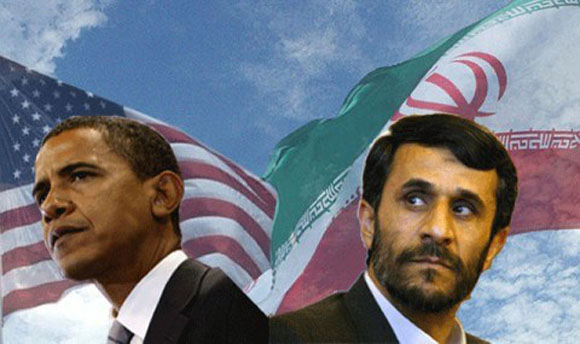Iran has accused the United States of "illegal and provocative acts," including repeated violations of Iranian airspace, in a letter submitted Friday to the United Nations.
The message from Iran’s U.N. ambassador, Mohammad Khazaee, first obtained by the Associated Press, argues that the U.S. Navy has regularly conducted flights over Iranian territory in the Persian Gulf and Sea of Oman.

The letter was sent to U.N. Secretary General Ban Ki-moon and the U.N. Security Council. It details seven specific incidents in October and November during which American drones entered Iranian airspace, despite radio warnings.
Earlier this month, an Iranian jet shot at an American predator drone in the Persian Gulf. According to the Pentagon, the drone was performing "routine surveillance" over international waters but not ultimately hit.
In December of last year, a surveillance drone crashed in eastern Iran. Iranian officials said then that they were able to bring down the drone via a cyberattack, but according to CBS News, American officials have neither confirmed nor denied that claim.
In the letter to the U.N., Khazaee asks the U.N. to warn Americans ‘‘against the continuation of acts in violation of international law and of the adverse consequences of any provocative and dangerous acts for which the United States government would be held responsible.’’
The White House did not return a request for comment.



